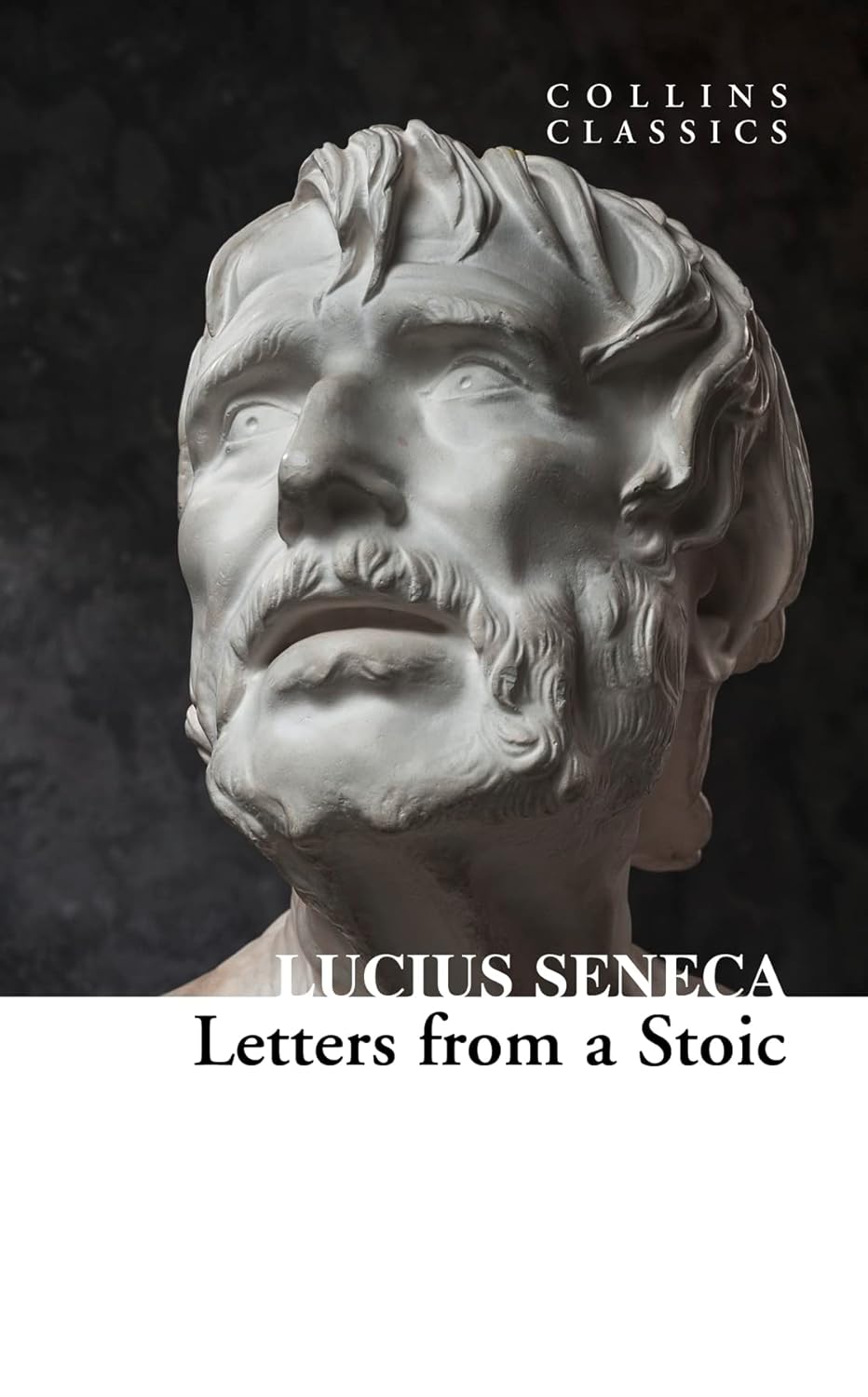The Basics of Stoicism – A Guide to Living with Purpose

Introduction
Ever asked, “What is the term Stoicism?” Stoicism, which was established in ancient Greece, instructs one to adopt logic as opposed to emotions. This is a tutorial for the beginner on the Stoicism fundamentals, its founders, and how to practice its principles in everyday life.
Stoicism definition
Define Stoic – An individual who remains calm and sane in spite of difficulty.
Stoic person definition – A person who adopts discipline and restraint.
Stoic look definition – A neutral facial appearance that doesn’t reflect joy or sadness.


Stoicism vs. Other Philosophies
How is Stoicism vs. Epicureanism different? Stoicism is about self-control and reason, whereas Epicureanism is about pursuing pleasure in moderation. The two philosophies have distinctive views of happiness.
The Daily Stoic – A Book of Wisdom
Perhaps one of the greatest contemporary books on Stoicism is The Daily Stoic book, which teaches daily lessons about how to apply Stoic ideas.

The Daily Stoic: 366 Meditations on Wisdom, Perseverance, and the Art of Living
$16.29

Applying Stoicism in Life
- Stoicism practice problems – Typical issues include emotion management, dealing with criticism, and accepting fate.
- Stoic lifestyle – Prioritizing discipline, rationality, and resilience.
- Stoic mindset – Conditioning the mind to concentrate on what can be controlled.
Conclusion
Whether you’re exploring Stoic writings or learning about ancient Greek words for Stoicism ideals, the philosophy remains a powerful tool for modern life. The Stoicism books & resources available today can help deepen your understanding and application of these timeless teachings.

“True strength lies not in controlling the world, but in mastering yourself.”


The Best Magnesium Supplements: A Scientific Overview
One essential component of physical and mental well-being is the mineral magnesium, which plays a crucial role in numerous physiological processes including muscle and nerve function, blood glucose control, and protein synthesis.

A Stoic’s Guide to the Best Organic Coffee
In the pursuit of a serene and virtuous life, the Stoics often emphasized the importance of simplicity and natural living. As we navigate our daily routines, it is crucial to align our choices with these principles, even in the seemingly mundane act of enjoying a cup of coffee.

Best Face Moisturizer For Stoic Beauty
In the pursuit of a serene and balanced life, our skincare routines can serve as a daily reminder of simplicity and natural beauty. Stoicism teaches us to focus on what is essential and to find peace in simplicity.

Letters From A Stoic by Seneca
“Letters from a Stoic” is a collection of 124 letters written by the Roman philosopher Lucius Annaeus Seneca to his friend Lucilius. These letters, often referred to as the “Epistulae Morales ad Lucilium,” are a significant part of Seneca’s philosophical legacy and provide insights into Stoic philosophy and practical wisdom.
